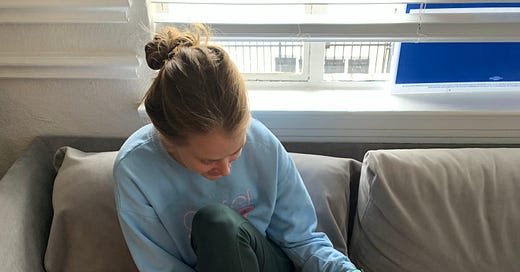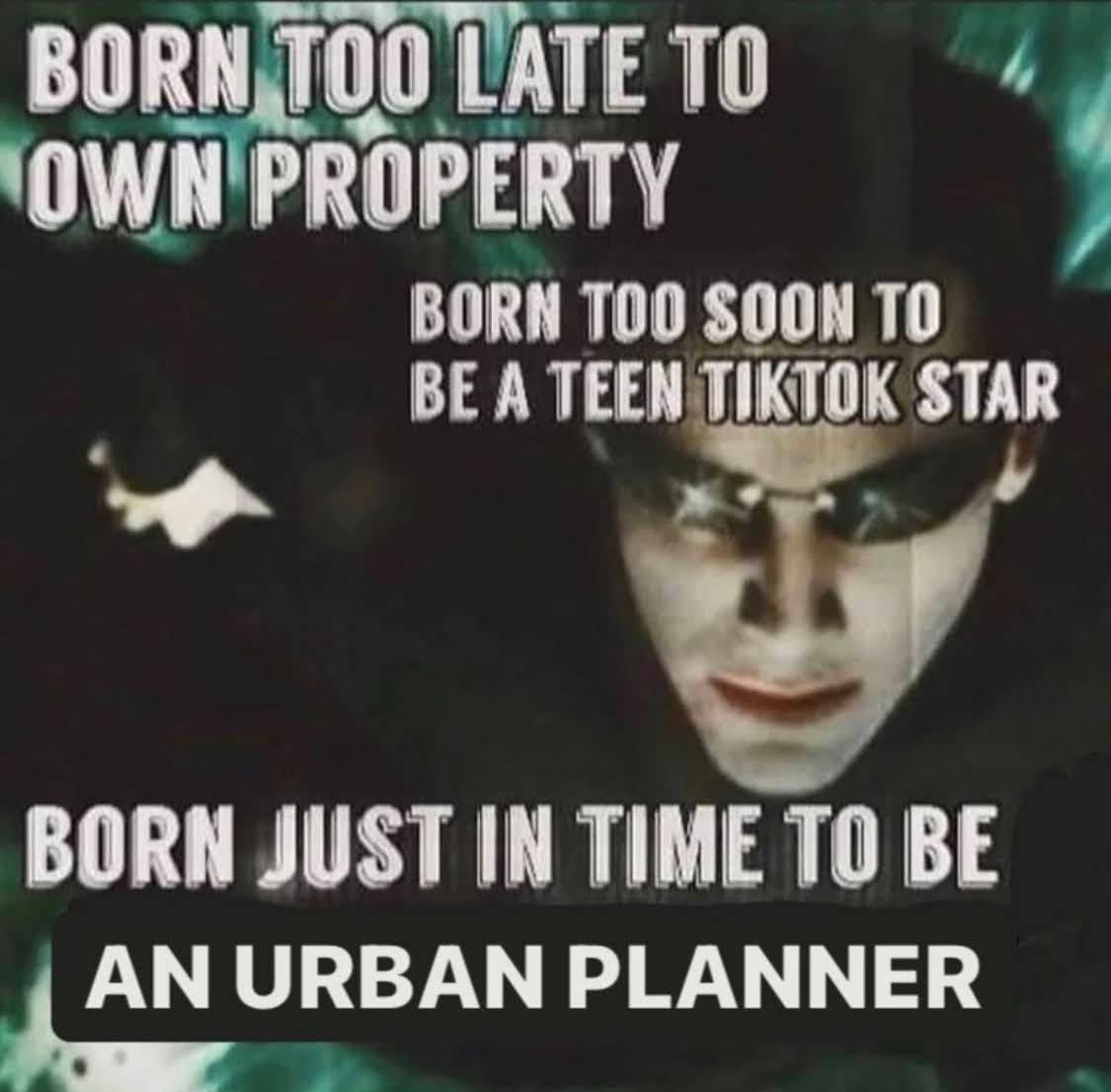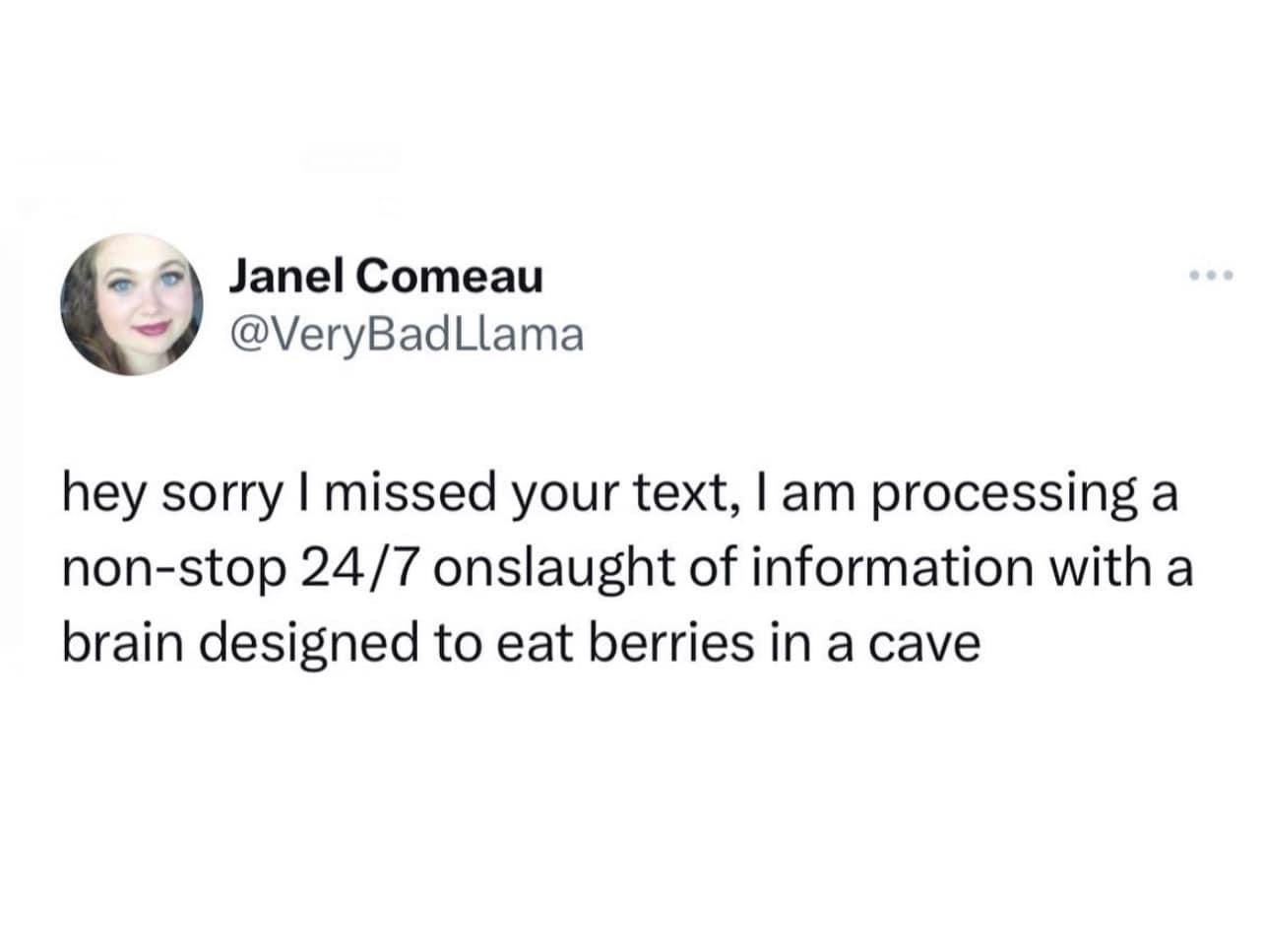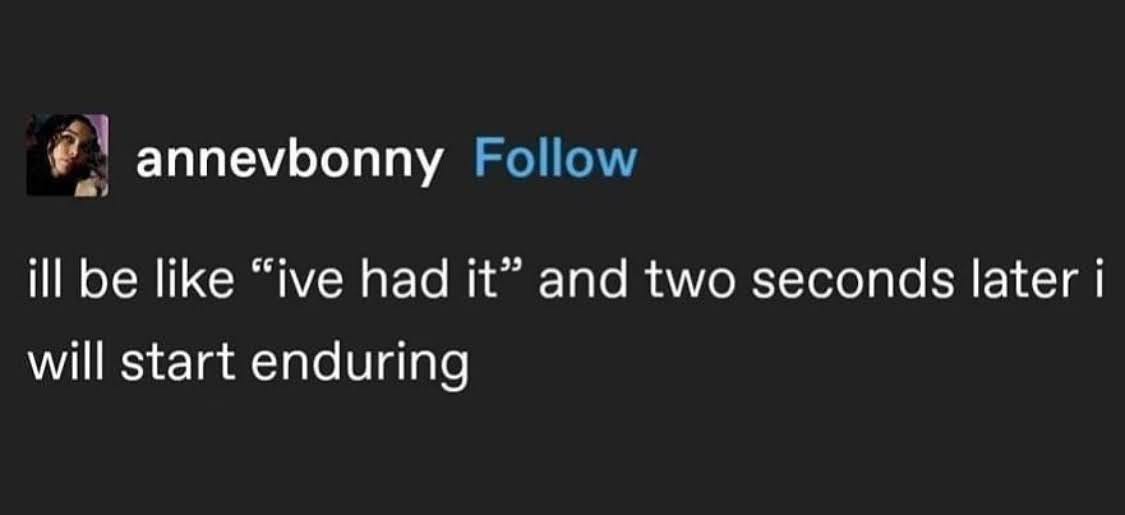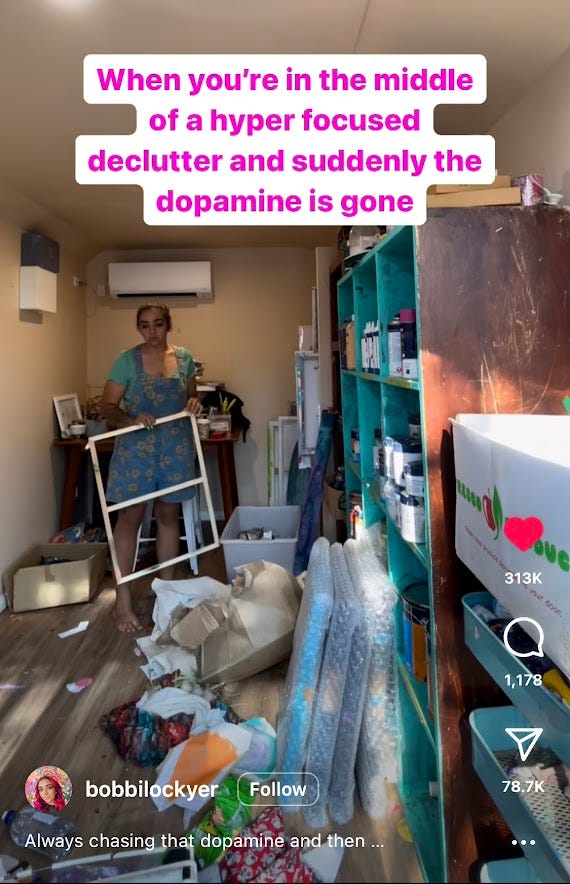h-town slowdown
This is part 1 of 2 of Chris and I each (independently) sharing our reasons for and intentions for our Recess. We are excited to fine-tune our blog voices individually and collectively!
Hi! I’m writing first from Houston, where I’ve now spent almost two weeks decompressing from my recent move away from Denver. These are my first official weeks of not working, and I am moving at my own pace, mostly resting with bursts of self-driven productivity. Months ago, when I was deep in my burnout and depression and unable to even conceive of the possibility of making a change, my best friend Jeana planted the seed of coming to live with her and recover in her sunny apartment. Now, I am here, surrounded by her plants and art, and at the start of my two months of full rest and relaxation before beginning a new adventure living and working abroad in January.
I wish I could say my writing here will be that of a carefree, young person about to go live their best life abroad in my twenties, and that’s probably the narrative that is most palatable to share. I do hope and expect it will be that sometimes! I plan to document both the fun adventures as well as the minute details of what it involves to move abroad in this particular way. However, it’s also impossible to ignore that I am also moving away from something: being among leagues of burnt out workers three years into a global pandemic that forever altered our lives, and being a product of years of regressive policies that have made millennials one of the first generations in U.S. history that is projected to be less well off than our parents (while there is significant nuance here, this is often measured in terms of wealth and homeownership).
And yet I was doing it! I was the first person in my family to “go off to college” and graduate from a traditional 4-year university. I had achieved upward mobility through stable, decent paying government jobs that (mostly) didn’t require me to compromise on my values for my livelihood, and I had moved to places where I believed I would have the quality of life and community I wanted.
And still, for a myriad of reasons, I have been deeply unhappy. Taking a year (or more!) with the stated goals of resetting and developing myself outside of a traditional career path is my attempt, from my own resources, positionality, and self-knowledge, to build a life that I am happy with. I read a book this year (or, really, I forced all of my friends to read the book before I finally got around to it) about the unique psychological changes and challenges that accompany this life stage of “quarterlife.” As the author describes in the closing chapters,
“There is, unfortunately perhaps, no checklist for surviving and thriving in Quarterlife. There is only the journey of our individual lives, a personal responsibility and personal joy of self-discovery and healing, a pursuit that society can support in myriad ways, or can interrupt and sabotage…What I’ve learned is that when we talk about Quarterlife development, we are really talking about the development of mature citizens, community members, partners, and parents. We are talking about the shepherding of human growth and the choice for a society to host the maturation of healthy humans – or not.”
While I am cognitively aware of the importance of this work, it is easy to lose the nurturing of oneself into a healthy human in the day-to-day, especially amid systems that do not support it, and I hope to keep this as my North Star however the next year unfolds.
But how did I get here? I struggled for months over the decision to leave my job and Denver, in particular without having a job lined up next. The more exhausted I became, the more often I would imagine taking a real break, and talk myself out of it each time as irresponsible and privileged and likely to lead to certain career/financial doom. I had hoarded my meager vacation days for two years, and thought just another vacation would give me the rest I needed, but I lacked the energy either to plan for them or really enjoy them. Sometimes I would daydream about leaving without having anything I was moving towards, as some kind of admonition of this life that wasn’t working for me. Instead of acting on these desires, I stayed in perhaps the worst headspace of all: ambivalence.
But what wasn’t working? I could tally up the acute and chronic stressors, I guess: the two months of unplowed, icy Denver streets and my car-free lifestyle butting heads; the chronic headaches and stomachaches and various medications that made them worse; the unhelpful therapy sessions; the distressing news cycle that, as Anne Helen Petersen puts it, “we should be current, conversant, and opinionated about…but somehow not let the reality of it affect our ability to do [our] tasks.”
There was the humility of knowing, in my relative stability, I couldn’t really call my experiences true suffering, and nevertheless I was increasingly miserable and found continuing on in the status quo of my life to be untenable.
At work, I was in a role I found meaningful, and each time I thought about leaving my job, I found myself tallying up all the reasons I should love it. I was directly using my professional skills to make the place I lived in more equitable, I liked my supervisor and my team, and I was constantly learning and developing professionally. But the politics and bureaucracy of working in government created an ever-widening gulf between how I felt about my job on paper – how I should feel about my job – and how I felt about it in the day-to-day. I would read about injustice and inequity in the local news, and often feel powerless to do anything about it, even though the stated purpose of my position was to do just that.
I had strongly-rooted values that life was about more than this: about being an active member of one’s community, building meaningful relationships, and achieving personal growth. I could find examples of how I was trying to do all these things – no one could say that *I* needed another hobby – but I was struggling to find joy, rest, or satisfaction in any of them.
In response, I decided I just had to become more resilient, more competent at achieving all of life’s little tasks that seem to pile up and be more difficult to solve than they should be. If I could just get those things done more effectively, then that would free up space for the things that actually made me happy. But this led to a sort of hardened resolve that made me bitter and on edge.
I found myself snapping at my partner for not doing things as efficiently as I wanted – needed – them to be done. I increasingly isolated myself from friends, for the lack of physical energy of getting myself there on unreliable public transit, and the lack of emotional energy to engage meaningfully in conversation. People in my community invited me to rely on them — isn’t interdependence one of my values? — but I felt ashamed at the extent of my need that seemed singular, that other people didn’t seem to have of me.
I began to blame everything that went wrong on the place that I lived, and while some of those things were true, moving to a different neighborhood didn’t help either. I increasingly just didn’t even like myself. And when you don’t like yourself, it becomes even easier to be unkind to yourself and not allow yourself to make changes that would be good for you. In Bliss Montage, Ling Ma writes “it is the thing I have been most afraid of happening, my strictness towards myself calcifying into a lifestyle.”
I knew that ultimately my unhappiness was not only placed-based. However, as my partner and I looked at apartments, I knew this was not a place (whether for reasons inherent to it or to me) that I could put down roots at this time. I saw myself developing into a person, and developing a lifestyle, that made me deeply unhappy. It became clear that the risks of leaving relative stability had become smaller than the risks of continuing as I was.
After a series of particularly difficult weeks at home and at work, I broke down on a trip to visit my partner’s aunt and uncle in rural Colorado. They asked thought-provoking questions and invited us to take unplanned time off work and give ourselves a “retreat” of sorts in their home. During this time of acute health, home, family, and work stressors, I convinced myself I really had nothing to gain by staying where I was, and decided to make the big change. I knew that going into a similar job in a different place, or getting a different job in the same place, would not be a big enough change for me.
In making a decision and getting myself “unstuck,” I can already see more clearly. While it certainly wasn’t working for me, everything about my life in Denver was (obviously) not as terrible as it seemed for the past year. I often feel like everything has to be inarguably horrible and past the point of redemption for me to be allowed to make a change. Because I often lack the self confidence to just know what I want and move towards it, I then have to look for those justifications and convince myself everything really is the absolute-worst-full-stop-I-hate-it-here. In reality, life is more nuanced than that. But knowing that rationally doesn’t translate to feeling better. In fact, sometimes it translates to feeling ungrateful and fundamentally flawed. I am still trying to gain the self assurance to accept that even if (!) I had loved every part of my life, it is valid to make a change, valid to want to make a change, simply because I have other goals I am moving towards that are right for me.
My supervisor asked me a thoughtful question: if he could wave a wand and give me a x-month sabbatical, would I come back recharged, refreshed into this type of work and life? Or do I believe that in this time I will pivot entirely, and seek out a life that looks very different than the one I have been leading? While I can’t yet know the answer to this, neither would surprise me. I guess that’s one of the outcomes I’m exploring in these writings and through this year.
If I had written this a week or two earlier, it would have been called “off the clock, in my feelings,” but I’ll save that for a memoir chapter, I guess. However, I would be remiss not to mention that I am super grateful to have left my time in Denver on such a high note: with coworkers being super supportive of my next steps, lovely dinners with friends, and we just won’t speak of the physical move out of my house and my lifelong debt to Chris for mobilizing when he found me immobile surrounded by unpacked possessions in the eleventh hour.
Even though this chapter in Denver has come to a close, I am leaving in a way where I genuinely look forward to returning, whenever that happens and whatever form that takes. As Sarah Thankam Mathews writes in All This Could Be Different: “To return to the new place makes it less new, moves it something closer to comfort, to safety.”
Anyway, this isn’t a personal essay, so I guess I don’t have to wrap it up cleanly. I actually don’t *have* to do anything – that’s Recess, baby! My next post will likely be much less reflective, but instead painstakingly detailed about applying for a working holiday visa in New Zealand. Until then!
Rachel and Jeana’s H-Town Slowdown Decision-Making Guidelines
Ease > labor
Drink water. Eat vegetables
Choose good enough over perfect
When in doubt, lay down
No more than three outside activities in one day (unless necessary)
I read about 1,000 books this year in my inability to do much of anything else a lot of evenings after work, and these are the ones that are most to blame/thank for this decision, most of which I quote above, but some of which I couldn’t shoehorn into a point and include quotes below:
All This Could Be Different, Sarah Thankam Mathews
“This cycle, you know, of pressure, then rebellion, then freedom, and then choosing the traditional path of one’s own choice, that is how we all understand, now, what it means to be young.”
Quarterlife: The Search for Self in Early Adulthood, Satya Doyle Byock
Severance, Ling Ma
Bliss Montage, Ling Ma
Can’t Even: How Millennials Became the Burnout Generation, Anne Helen Petersen
On burnout: “For months, whenever I thought about going to bed, I felt overwhelmed by the steps I’d have to take to responsibly get from the couch to the bed. I felt underwhelmed by vacations, or, more precisely, like vacation was just another thing to get through on my to-do list. I at once resented and craved time with friends…I felt numb, impervious, just totally … flat.”
Pottering: A Cure for Modern Life, Anna McGovern
“The definition of pottering is to occupy oneself in a plesant way but without a definite plan or purpose. ‘Pleasant’ implies comfort. ‘Without a definite plan or purpose’ implies freedom.”
The Highly Sensitive Person: How to Thrive When the World Overwhelms You, Elaine Aron

